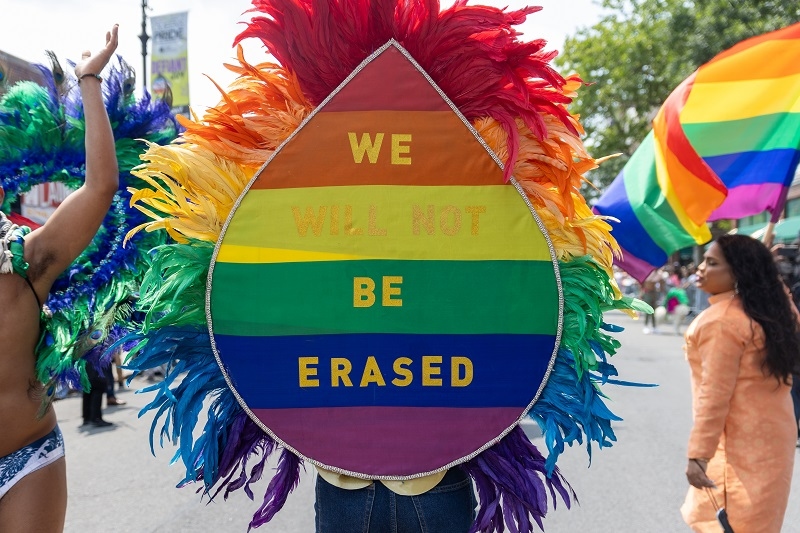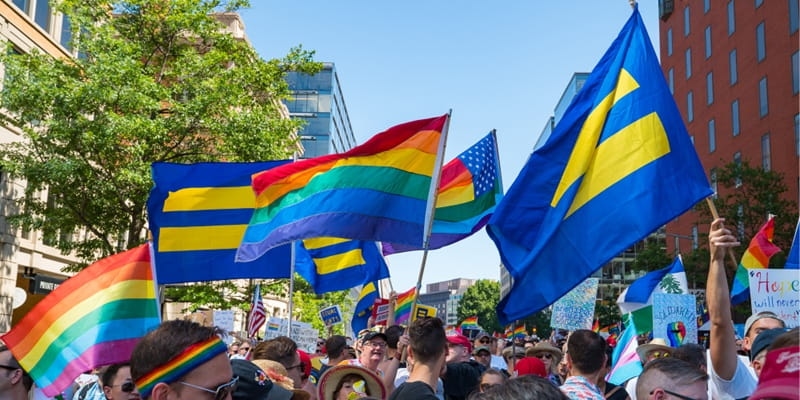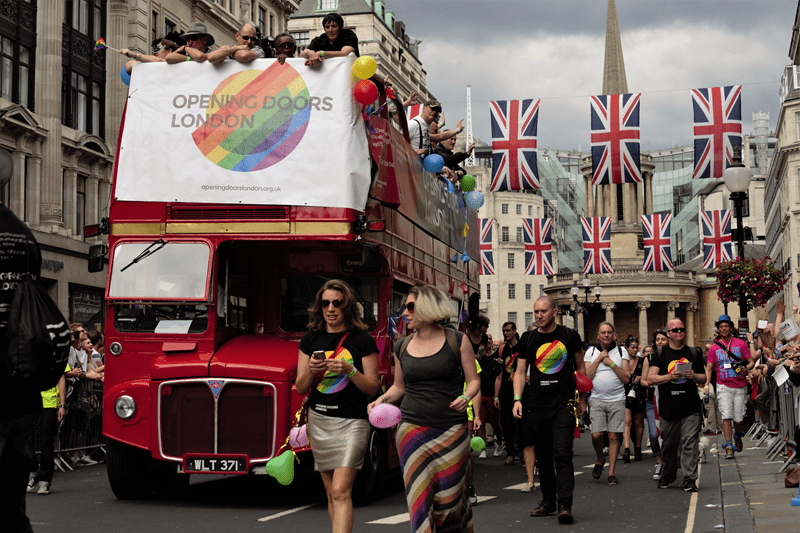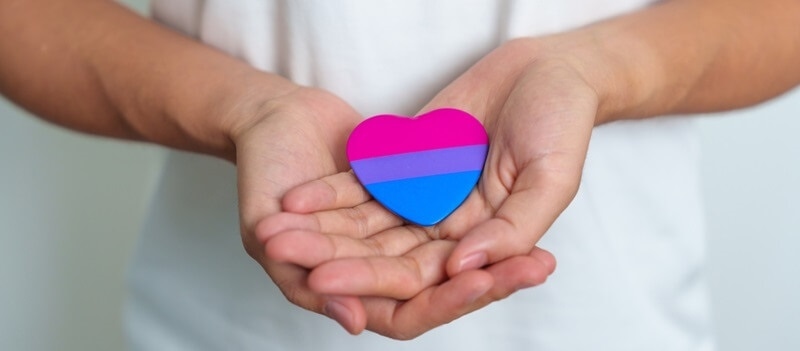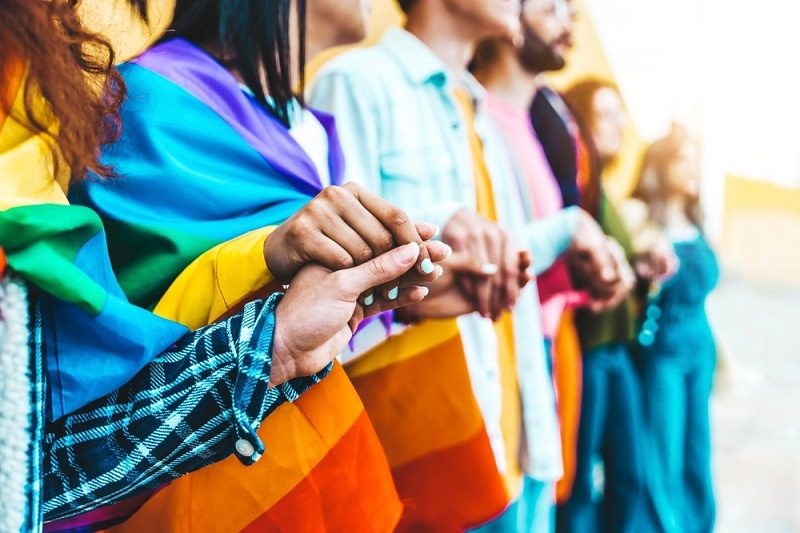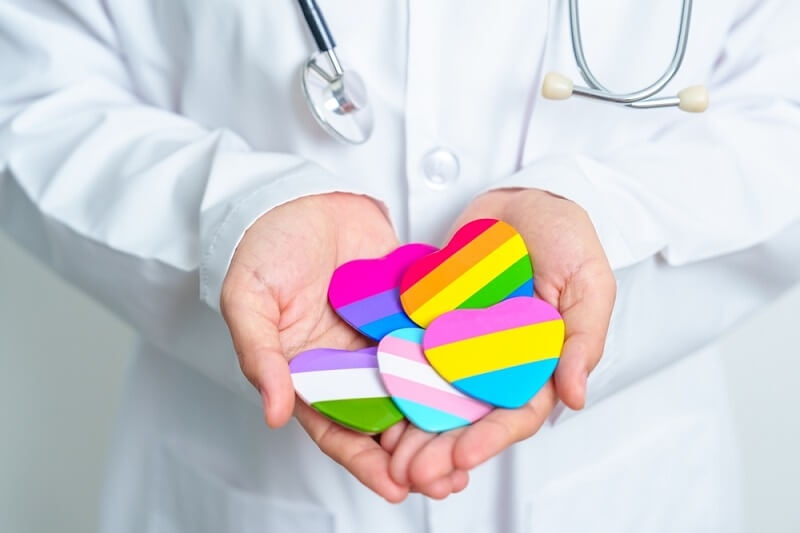Embracing Intimacy: A Complete Guide for Gay Couples

Intimacy in gay relationships, while sharing many commonalities with heterosexual relationships, often navigates a unique set of complexities and challenges. These challenges stem from societal pressures, internalized homophobia, and the journey of self-acceptance that many gay individuals experience.
This guide delves into the multifaceted nature of intimacy in gay relationships, exploring not just the physical aspect, but also intellectual, experiential, emotional, and spiritual connections that are pivotal in building a strong, fulfilling relationship.
Facets of Gay Intimacy and Relationships

Intellectual Bonding
Intellectual intimacy is about connecting on a level beyond everyday conversation. It involves the exchange of ideas, engaging in thought-provoking discussions, and respecting diverse viewpoints. This mental connection can significantly enhance mutual respect and admiration, strengthening the relationship.
Building Emotional Connections
Central to any profound relationship is the development of emotional intimacy. For gay couples, this means sharing deeply personal experiences, including the struggles and victories related to their sexual identity. Such openness fosters a safe environment, essential for trust and a stronger emotional bond.
Spiritual Connection
For those who value it, spiritual intimacy is a key component of their relationship. It involves sharing and respecting each other's beliefs and values, contributing to a sense of unity and a strong relationship foundation.
Nurturing Physical Closeness
Physical intimacy, while often associated with sexual activities, encompasses much more in gay relationships. It includes gentle, non-sexual gestures like cuddling and holding hands, which are vital for fostering a sense of connection and closeness.
Sharing Life Experiences
The role of experiential intimacy is crucial in deepening relationships. Engaging in shared activities, from travel adventures to simple tasks like cooking, helps in creating lasting memories and understanding each other better.
Overcoming Intimacy Challenges in Gay Relationships

Confronting the Fear of Rejection
The fear of rejection, often stemming from past discrimination experiences, can hinder intimacy. Overcoming these fears is vital for building trust and meaningful connections. For instance, a partner openly sharing their fears and past experiences with discrimination in a supportive environment can lead to mutual understanding and a strengthened bond, gradually reducing the fear of rejection.
Addressing Societal and Internal Challenges
Gay couples often face societal pressures and internalized homophobia, which can create significant barriers to intimacy. Addressing these internal conflicts is crucial in overcoming relationship issues for gay couples, paving the way for healthier and more fulfilling connections. For example, a couple attending counseling together can confront internalized stigmas, fostering a stronger, more open relationship.
Embracing Identity and Coming Out
The journey of coming out and embracing one's sexual identity is deeply personal and can greatly influence the ability to form intimate bonds. Navigating the fear of rejection and striving for authenticity can be challenging but is crucial for relationship health.
Enhancing Intimacy in Gay Relationships: Key Approaches and Advice
Embracing Vulnerability as Strength
In the context of intimacy, vulnerability is not a weakness but a powerful tool. Showing one's true self, including fears and insecurities, can greatly enhance the connection between partners. Authenticity and the rejection of judgment fears not only bring partners closer but also lay a foundation of trust and respect. Incorporating principles from the health guide for gay & bisexual men, embracing vulnerability also promotes emotional well-being, an integral part of holistic health.
The Importance of Self-Acceptance
In gay relationships, self-acceptance is a vital component. It means fully embracing one's identity and sexual orientation without shame. This level of acceptance is the stepping stone to genuine openness with a partner. Loving oneself paves the way for loving and being loved, enhancing confidence and stability in the relationship.
The Value of Professional Guidance
Sometimes, the complexities of gay intimacy may necessitate seeking professional advice. Therapy offers a confidential and unbiased setting to explore and resolve intimacy issues. LGBTQ+-focused therapists can provide insightful advice and coping strategies, aiding in the development of deeper, more significant connections.
Effective Communication Techniques
In any thriving relationship, particularly in gay partnerships, effective communication is fundamental. Openly sharing emotions, needs, and aspirations is essential for fostering empathy and understanding. Creating an environment where both individuals feel acknowledged and appreciated is key. Such communication strengthens trust and deepens emotional ties, simplifying the navigation of relationship complexities.
Self-Care and Its Role in Fostering Intimacy
Mental Health and Intimacy
Mental health is equally important as physical health in nurturing intimate relationships. Techniques like meditation and mindfulness are effective in managing stress and improving mental well-being. These practices promote tranquility and mental clarity, essential for sustaining a healthy, intimate relationship.
Prioritizing Physical Health
Physical well-being plays a crucial role in self-esteem and intimacy. Engaging in regular exercise, maintaining a balanced diet, and getting sufficient rest are key to a positive self-image and overall health. Good physical health bolsters the ability to connect intimately with a partner on both an emotional and physical level.
Emotional Health Maintenance
For a healthy partnership, sustaining a positive emotional state is imperative. Emotional self-care includes acknowledging and expressing emotions, practicing self-kindness, and indulging in activities that bring happiness and relaxation. This approach helps manage stress and emotional fluctuations, enhancing the potential for deeper emotional bonds.
You may also like: Overcoming Gay Loneliness: 5 Key Steps to Connection
Conclusion: Reflecting on Intimacy in Gay Relationships
For those facing challenges with intimacy in gay relationships, it's crucial to recognize that building intimacy is a process that requires patience, dedication, and occasionally professional assistance. This journey towards deeper intimacy is not only about enhancing a relationship but also about personal growth and exploration. Approaching this path with openness and willingness can lead to rewarding and lasting connections.

